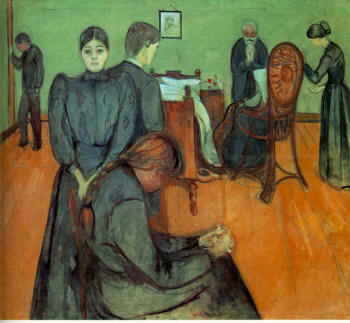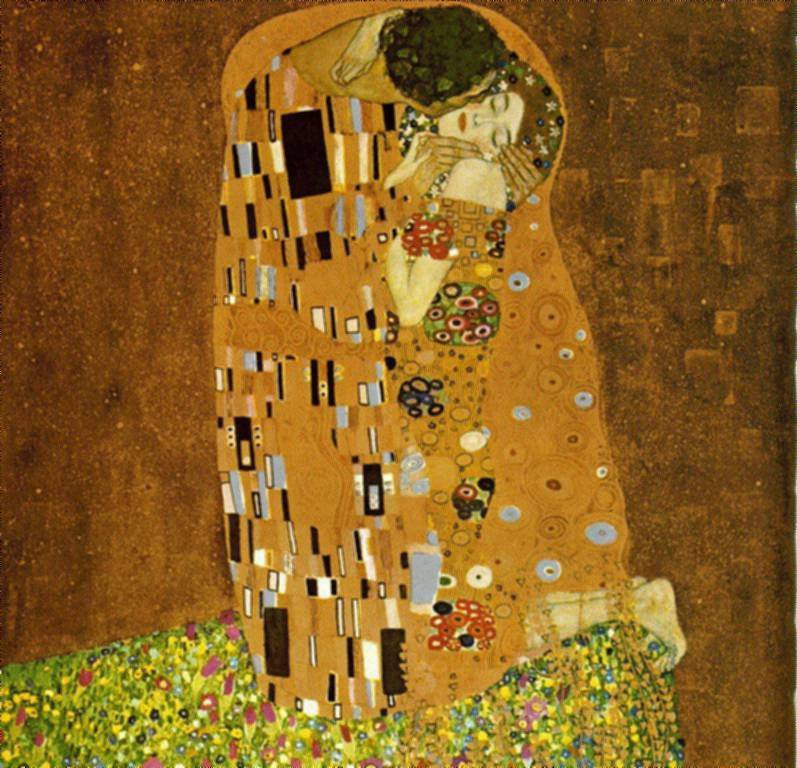(Back to Honors Seminars Home Page)
A Concise History of Love and Death
This
This upper-level seminar
will require of students a degree of “sophistication” in order to grasp some
difficult concepts, such as the contradictions between the Greek and Judaic
worlds with regard to love and the interaction between created and
creator, of
Ovid’s Courtly Love, the medieval “Courtly Love Tradition,” and the rise
of Romanticism. In like manner, the development of heaven as we understand
today has gone through dramatic changes over the centuries—and millennia—so that
funerary practices and their meanings have changed so much as to be
unrecognizable today. Such a study will parallel that of love, as
death demonstrates a meaning far different for the Hebrews than that which it
would become after the Macabees, what it meant to the Greco/Roman world, and its
adaptation to the rise of the early Church. Death, in fact, becomes attendant
to love, as Freud wrote with regard to the two “drives” or instincts of
existence. Love and Death, as works such as
How do we understand Heaven, what do
we know of Hell? How many other societies have fashioned such concepts,
and in what manner do they disagree? This class seeks to look into the
totems and taboos that may have given rise to belief, to practices in which
people conceive of an afterlife, the necessary preparation, and what they may
take with them.
As well, we may ask what the emotion
"love" means, how we recognize it, define it, or live it. People in any
given era tend to think that prevalent conceptions of love and the afterlife
remain constant; this course demonstrates that, not only untrue, but many of the
practices and beliefs of cultures not too far removed from our own would hardly
be recognizable to us. Heaven and Hell have not always been as considered
today; love has changed from marrying for any reason other than physical
love (lust) to the only acceptable reason today, which include flowers, songs,
and words that borrow from heavenly images that desecrate the true reason for
marriage.
From the Madonna to Lancelot and
Guinevere, or from the "Sleepers" who awake, bound for eternity, to the
Millennialists who await the Rapture, we'll explore all the notions of love and
the afterlife that have prevailed over the centuries, or find currency today.

Mor
IIncluded among the books
we'll read, as well as suggested:
Philippe Ariès, The Hour of Our Death
A Brief History of Heaven
Andreas Capellanus, Courtly Love
Philip Agee, A Death in the Family
Victorian Ghost Stories
Ovid's
Courtly Love
Freud's Totem and Taboo
Shakespeare's Othello
... and some additional suggestions forthcoming.
As opposed to the usual tests
and papers, students will write a series of short papers, answering
questions/analyzing materials covered in the class.
This
